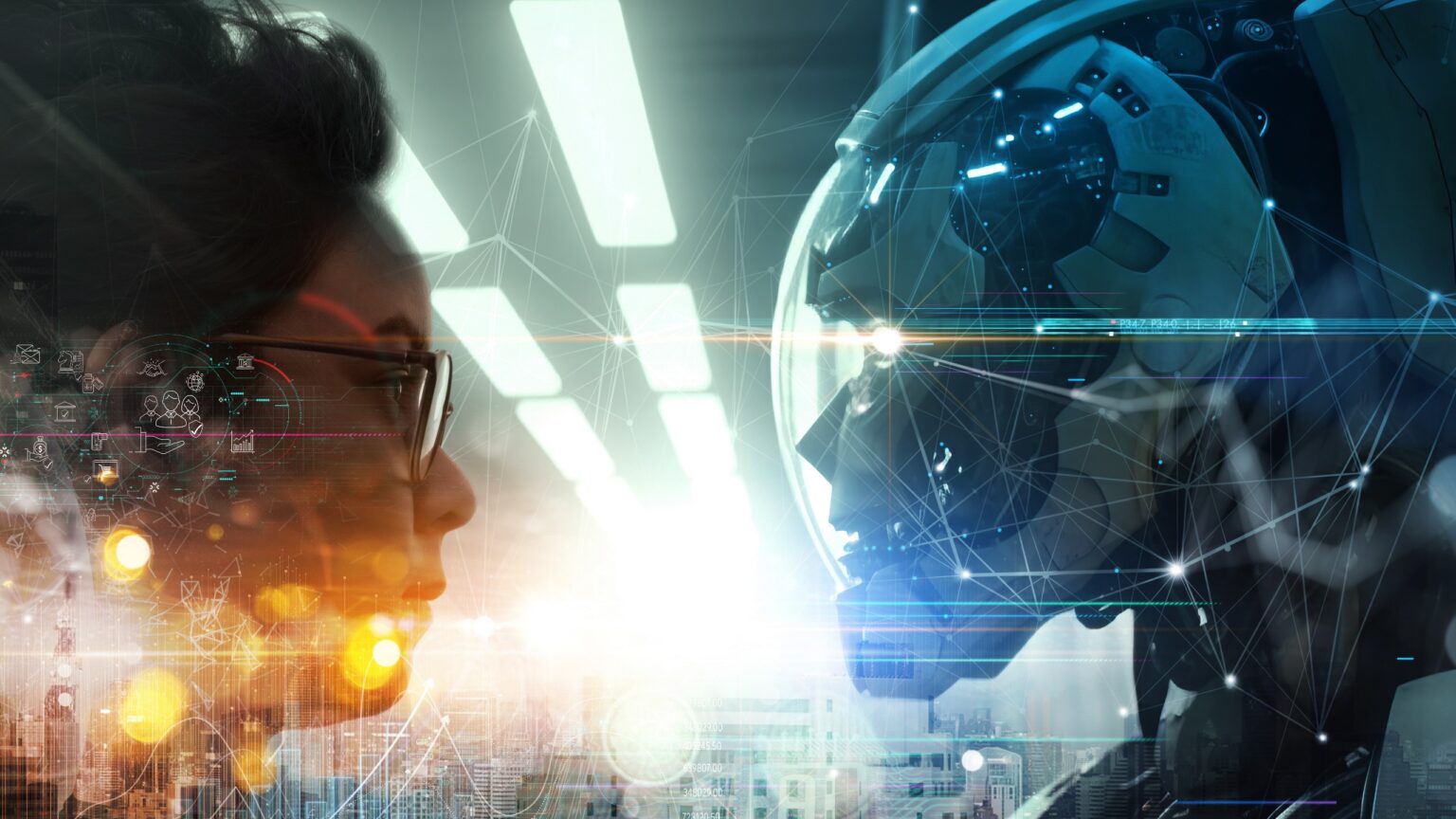Amid growing concerns over software vulnerabilities, the Biden-Harris administration has unfurled the “AI Cyber Challenge.” This competition, infused with the prowess of artificial intelligence, seeks to identify and rectify software weak points, reinforcing the bulwark of America’s essential digital structures.
AI powerhouses such as Anthropic, Google, Microsoft, and OpenAI are collaborating with the Defense Advanced Research Projects Agency (DARPA), leading the charge for this endeavor.
Pioneering endeavor with an alluring prize kitty
Besides underscoring America’s unwavering commitment to digital security, the AI Cyber Challenge has generated significant buzz due to its $18.5 million prize pool. Hence, it is a nationwide call to bolster digital defences and an enticing opportunity for tech maestros to showcase their prowess.
Additionally, DARPA has set aside up to $1 million apiece for seven budding businesses eager to dive into the challenge to ensure broad-based participation.
Google DeepMind and @Google are partnering with @DARPA alongside @AnthropicAI, @Microsoft and @OpenAI for the AI Cyber Challenge: a two-year competition aimed at driving innovation at the nexus of AI and cybersecurity.
Registration will open soon: https://t.co/4INdXb8LQ1
— Google DeepMind (@GoogleDeepMind) August 10, 2023
The competitive trajectory is meticulously charted as, come spring 2024, eager teams will compete in a qualifying event. From this screening, only the best, precisely the top 20 teams, will secure a berth in the semifinals at DEF CON 2024. This elite cohort will reward five standout teams with $2 million each.
Their mandate will be to fine-tune their cybersecurity tools further, honing them to perfection in anticipation of the grand climax at DEF CON 2025. Moreover, the three apex teams will split a lavish reward in this tech showdown, with the first-placed team clinching $4 million.
Rob McHenry, DARPA’s deputy director, emphasized the blueprint of the AI Cyber Challenge. It takes inspiration from DARPA’s precedent-setting Grand Challenge for uncrewed vehicles.
Significantly, that earlier venture was instrumental in fueling the momentum of self-driving cars. Consequently, with the AI-centric challenge, expectations are soaring high for similar quantum leaps in cybersecurity.
An unwavering pledge to ethical AI development
The unveiling of this competition is a poignant testament to the Biden-Harris administration’s resolve to channel the might of AI judiciously. In a proactive move last month, a consortium of seven AI behemoths partnered with the administration, vowing to navigate the potential pitfalls of AI technology. This collective commitment is pivotal in shaping a safer AI landscape for tomorrow.
However, the administration’s endeavors in the AI realm don’t merely conclude with the Cyber Challenge. A path-breaking initiative was recently rolled out – an unbiased, public evaluation of large language models slated for DEF CON 2023. This avant-garde assessment is poised to amplify transparency while fortifying the safety and security parameters in AI development.
Moreover, the administration is steadfastly charting out future strategies beyond these initiatives. Plans are to craft a pivotal executive order while rallying support for bipartisan legislation. The overarching objective is lucid, firmly positioning America at the zenith of responsible AI innovation.
In essence, the AI Cyber Challenge transcends mere competition. It represents a clarion call, beckoning AI fans to rise to the occasion, innovate, and etch their mark in safeguarding America’s digital destiny. With an irresistible prize kitty and an unparalleled opportunity to script history, the countdown to DEF CON 2025 is not only a race but also a revolution in the making.









 and then
and then